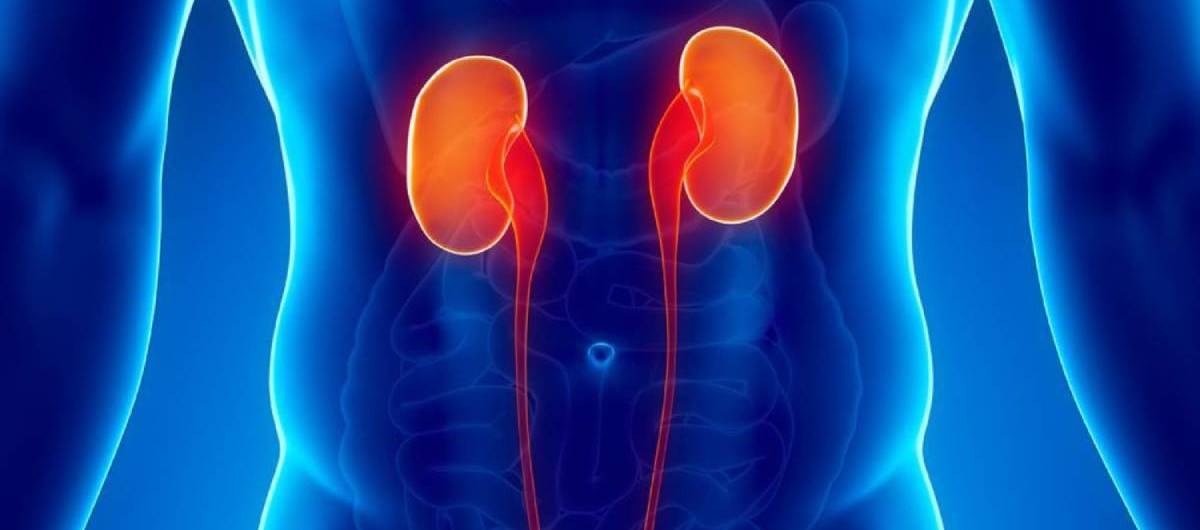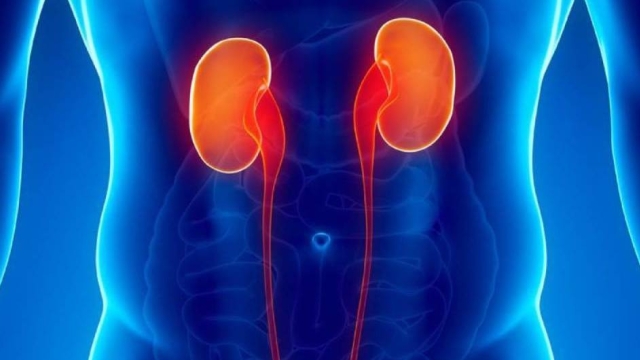Urology, a branch of medical science that deals with disorders and diseases of the urinary system and the male reproductive organs, plays a crucial role in maintaining our overall health and well-being. From kidney stones to urinary tract infections, urologists are medical superheroes who specialize in diagnosing and treating a wide range of conditions that affect these vital parts of our body.
The field of urology encompasses not only the study of diseases but also the prevention, diagnosis, and treatment of various urinary system disorders. Urologists are highly skilled healthcare professionals who possess expertise in both surgical and non-surgical approaches to address different urological issues. Whether it’s bladder control problems or prostate cancer, these medical specialists are equipped with the knowledge and tools necessary to provide accurate diagnoses and effective treatments.
As the field of urology continues to evolve, new advancements in technology and research allow for better understanding and improved patient outcomes. From minimally invasive procedures to robotic surgeries, urologists are at the forefront of medical innovation, always seeking ways to enhance their patients’ quality of life. The importance of urology cannot be overstated, as it plays a vital role in addressing both common and complex conditions that could significantly impact an individual’s health and daily functioning.
Now, let us delve deeper into the realm of urology, where we will explore the various aspects of this field, including common conditions, diagnostic techniques, treatment options, and preventive measures. By gaining a comprehensive understanding of urology, we can empower ourselves with knowledge and ensure that we take proactive steps towards maintaining a healthy urinary system and reproductive health. So, without further delay, let us embark on this ultimate journey to unravel the complexities of urology and everything it encompasses.
Common Urological Conditions
- Best Urologist In Jordan
-
Urinary Tract Infections: Urinary tract infections (UTIs) are one of the most frequently encountered urological conditions. They occur when bacteria enter the urinary tract and cause infection. The most common symptoms include a strong, persistent urge to urinate, a burning sensation during urination, cloudy or bloody urine, and discomfort in the lower abdomen. UTIs are more common in women, but men can also be affected. Prompt treatment with antibiotics is essential to prevent the infection from spreading to the kidneys.
-
Kidney Stones: Kidney stones are solid mineral and salt deposits that form in the kidneys. They can vary in size and shape, and may cause no symptoms until they move and block the urinary tract. When this happens, it can result in intense pain, often described as one of the worst experiences. Other symptoms include blood in the urine, frequent urination, and cloudy or foul-smelling urine. Treatment options for kidney stones range from drinking plenty of fluids and taking pain medications, to procedures that break up or remove the stones.

Prostate Conditions: The prostate is a small gland located below the bladder in men. Two common prostate conditions that affect many men are prostatitis and benign prostatic hyperplasia (BPH). Prostatitis refers to the inflammation of the prostate gland, usually caused by a bacterial infection. It can cause pain or discomfort in the pelvic area, difficulty urinating, and flu-like symptoms. BPH, on the other hand, is the enlargement of the prostate gland, which can lead to urinary problems such as frequent urination, weak urine flow, and the feeling of incomplete bladder emptying. Treatment for these conditions may involve antibiotics, medication, or surgery, depending on the severity.
Diagnostic Procedures in Urology
In the field of urology, several diagnostic procedures are employed to identify and diagnose various urinary system disorders. These procedures play a crucial role in assisting urologists in evaluating patients and determining the most appropriate course of treatment.
One commonly used diagnostic procedure in urology is urinalysis. By analyzing a urine sample, urologists can detect the presence of abnormal components such as red blood cells, white blood cells, bacteria, or crystals. This information helps in diagnosing urinary tract infections, kidney stones, or other urinary system abnormalities.
Another important diagnostic procedure is cystoscopy. This involves inserting a thin, flexible tube with a tiny camera into the urethra and bladder to visually examine the urinary tract. It allows urologists to identify any abnormalities, such as bladder tumors, strictures, or signs of inflammation.
Ultrasound imaging is also widely used in urology diagnostics. By using sound waves to create images of the urinary system, urologists can visualize the kidneys, bladder, and other structures. This non-invasive procedure helps to identify kidney stones, tumors, cysts, or other abnormalities.
These diagnostic procedures, including urinalysis, cystoscopy, and ultrasound imaging, are essential tools in the field of urology. They enable urologists to accurately diagnose and treat a wide range of urinary system conditions, ensuring optimal care for patients.
Treatment Options in Urology
In the field of urology, there are various treatment options available to address different urological conditions. These treatments aim to improve the quality of life for patients and resolve their specific urological issues.
-
Medication: One common approach in urology is the use of medication to manage and treat various conditions. Medications can be prescribed to alleviate symptoms such as pain or discomfort, reduce inflammation, or address issues like urinary tract infections. Depending on the particular condition, different types of medications may be prescribed, including antibiotics, pain relievers, or hormone therapies.
-
Surgical Interventions: Surgery is another important treatment option in urology. It can be performed for a range of conditions, such as kidney stones, prostate cancer, bladder abnormalities, or urinary incontinence. Surgical procedures can vary in complexity, from minimally invasive techniques to more extensive operations. The choice of surgery depends on the patient’s individual case and the urologist’s recommendations.
-
Lifestyle Modifications: In urology, lifestyle modifications are often recommended to complement other treatment options. These can include dietary changes, exercise routines, and bladder training techniques. Lifestyle modifications aim to enhance overall urological health and prevent the progression or recurrence of certain conditions. They may be particularly beneficial for conditions such as urinary incontinence or bladder dysfunction.
In conclusion, treatment options in urology encompass medications, surgical interventions, and lifestyle modifications. The appropriate choice of treatment depends on the specific urological condition and individual patient factors. Consulting with a urologist is crucial to determine the most suitable treatment plan for each patient’s unique needs.

